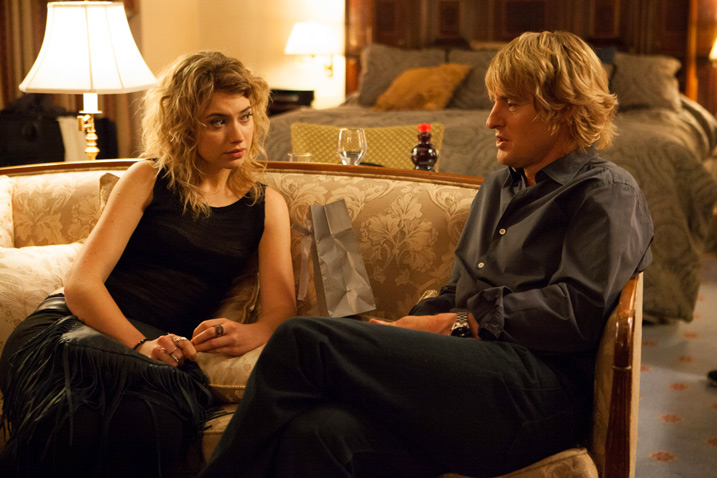By providing your information, you agree to our Terms of Use and our Privacy Policy. We use vendors that may also process your information to help provide our services. This site is protected by reCAPTCHA Enterprise and the Google Privacy Policy and Terms of Service apply.
Peter Bogdanovich on Assembling an All-Star Cast and Returning to NYC for ‘She’s Funny That Way’

After spending his first 25 years in New York, Peter Bogdanovich moved to Los Angeles, where he was based when he directed “The Last Picture Show,” “Paper Moon” and other ’70’s Americana classics. But Bogdanovich has always been a true New Yorker at heart. He returns to that city as a setting in his latest screwball comedy, “She’s Funny That Way,” starring Owen Wilson, Imogen Poots and Jennifer Aniston (and featuring cameos by Graydon Carter, among others). The film was originally titled “Squirrels to the Nuts” after a line from the 1946 Ernst Lubitsch romance, “Cluny Brown,” which should provide a good taste of what the finished product plays like for those familiar with Lubitsch’s fast-talking comedies.
She said to me, “Now, I’m working with a director, and he’s the first director since you who knows exactly what he wants and won’t take any substitutes. Anyway he’s a big fan of yours and he’d like to meet you.” And so I got to know Wes, and he introduced me to Owen, and I found him absolutely fascinating. He’s that rare thing today; he’s a movie star.
It must have been a treat for someone so verbally gifted to be in a real screwball comedy like yours, then, where language play is the essence.




“She’s Funny That Way” is now playing in theaters and On Demand.
By providing your information, you agree to our Terms of Use and our Privacy Policy. We use vendors that may also process your information to help provide our services. This site is protected by reCAPTCHA Enterprise and the Google Privacy Policy and Terms of Service apply.















